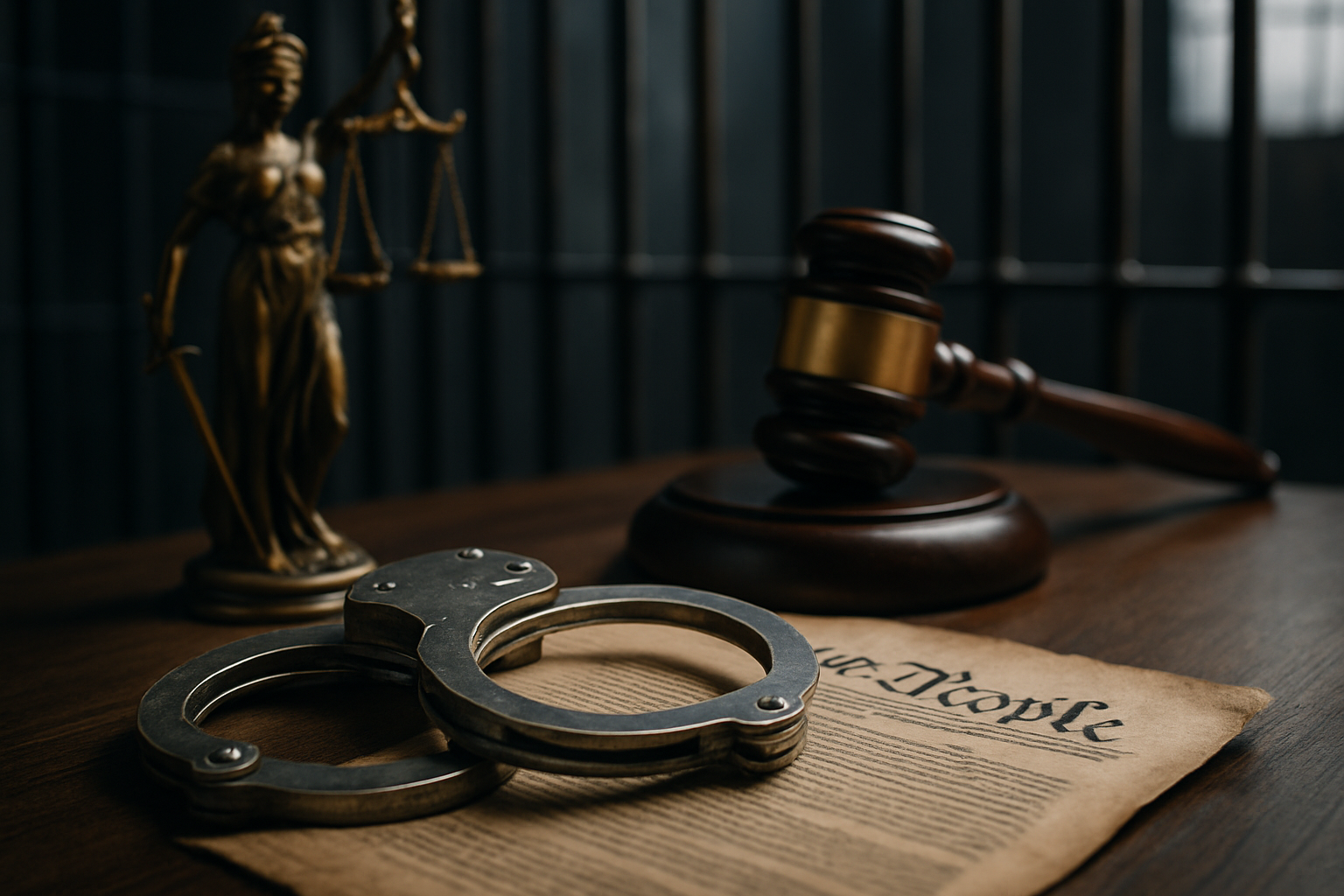Understanding the DUI Defense Process - Key Steps and Considerations
Explore the essential elements of a DUI defense case in this informative article. From initial arrest to legal proceedings, discover the key steps and factors involved in defending against DUI charges. Gain insights into the process to navigate this legal journey effectively.

What happens immediately after a DUI arrest?
The DUI defense process begins at the moment of arrest. When law enforcement suspects a driver of operating a vehicle under the influence, they will typically conduct field sobriety tests and may request a breathalyzer test. Following the arrest, the individual will be taken into custody, where they will be processed and may be required to provide a blood or urine sample for further testing. It’s crucial to remember that you have the right to remain silent and the right to request an attorney. Exercising these rights can be beneficial for your defense case.
How does the initial court appearance work in a DUI case?
After the arrest, the next step in the DUI defense process is the initial court appearance, also known as an arraignment. During this hearing, the charges against you will be formally presented, and you’ll have the opportunity to enter a plea of guilty, not guilty, or no contest. It’s generally advisable to plead not guilty at this stage, as it allows time to review the evidence and consult with a DUI defense attorney. The judge may also set bail and impose certain conditions, such as the suspension of your driver’s license or the requirement to install an ignition interlock device.
What are the key elements of building a strong DUI defense case?
Building a robust DUI defense case involves several critical components. First, your attorney will thoroughly review all evidence, including police reports, breathalyzer or blood test results, and any video footage from the arrest. They will look for inconsistencies, procedural errors, or violations of your rights that could potentially weaken the prosecution’s case. Additionally, your lawyer may challenge the validity of field sobriety tests, question the accuracy of chemical tests, or investigate whether there were legitimate reasons for your behavior that didn’t involve intoxication.
How can pre-trial motions impact a DUI defense?
Pre-trial motions play a crucial role in the DUI defense process. These legal arguments, presented to the judge before the trial begins, can significantly influence the outcome of your case. Common pre-trial motions in DUI cases include motions to suppress evidence, which ask the court to exclude certain evidence if it was obtained illegally or improperly. For example, if the police didn’t have probable cause to stop your vehicle, any evidence gathered as a result of that stop could potentially be thrown out. Other motions may challenge the admissibility of breath or blood test results if proper procedures weren’t followed.
What should you know about plea bargaining in DUI cases?
In the United States, many DUI cases are resolved through plea bargaining rather than going to trial. This process involves negotiating with the prosecution to potentially reduce charges or penalties in exchange for a guilty plea. Your DUI defense attorney may be able to secure a plea deal that minimizes the impact on your record, such as pleading to a lesser offense like reckless driving. However, it’s essential to carefully consider the pros and cons of accepting a plea bargain, as it means forfeiting your right to a trial and the possibility of a full acquittal.
What are the potential outcomes of a DUI trial?
If your case proceeds to trial, there are several possible outcomes. The prosecution must prove beyond a reasonable doubt that you were operating a vehicle while under the influence of alcohol or drugs. Your defense team will present arguments, cross-examine witnesses, and potentially call experts to testify on your behalf. Possible verdicts include:
-
Acquittal: If the jury (or judge in a bench trial) finds you not guilty, you’ll be cleared of the charges.
-
Conviction: If found guilty, you may face penalties such as fines, license suspension, mandatory alcohol education programs, or even jail time, depending on the severity of the offense and your prior record.
-
Hung jury: In some cases, the jury may be unable to reach a unanimous decision, potentially leading to a mistrial.
| Legal Expenses Insurance Provider | Coverage for DUI Defense | Monthly Premium Estimate |
|---|---|---|
| LegalShield | Included | $24.95 - $39.95 |
| ARAG Legal Insurance | Included | $16.50 - $24.00 |
| MetLife Legal Plans | Included | $18.00 - $22.00 |
| U.S. Legal Services | Included | $15.00 - $25.00 |
Prices, rates, or cost estimates mentioned in this article are based on the latest available information but may change over time. Independent research is advised before making financial decisions.
In conclusion, navigating the DUI defense process requires a thorough understanding of legal proceedings and careful consideration of various strategies. From the initial arrest to potential trial outcomes, each step presents opportunities to build a strong defense case. By working closely with an experienced DUI defense attorney and understanding the key elements of the process, individuals facing DUI charges can make informed decisions and work towards the best possible outcome for their situation.




